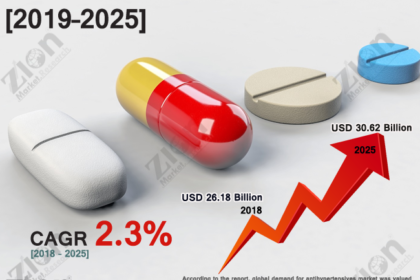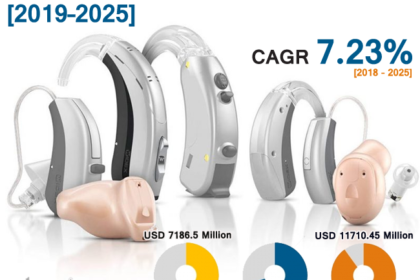Even while it is more common knowledge that breathing dirty air can be harmful to human health, there is still a possibility that you could be putting your health in jeopardy by walking barefoot.
According to recently published research, pollutants that are harmful to human health can also be found in soil. Heavy metals and insecticides are both examples of this.
In this study, the researchers focused on how the cardiovascular system was affected by exposure to contaminated soil.
According to Thomas Münzel, one of the authors of the study who works at the University Medical Center Mainz in Germany, “Soil contamination is a less evident hazard to human health than filthy air.” However, there is growing evidence that contaminants in the soil may harm cardiovascular health through a number of different processes. These mechanisms include inducing inflammation and interfering with the body’s natural clock.

According to the findings of the study, pollution in the water, air, and soil causes the deaths of approximately 9 million people each year. Sixty percent of the deaths caused by pollution are due to cardiovascular diseases, which include coronary artery disease, heart attack, stroke, and heart rhythm disorders.
According to the authors, cardiovascular illness may be caused by polluted soil because it raises the level of oxidative stress in the blood vessels, which results in the production of an increased number of “bad” free radicals and a decreased amount of “good” antioxidants. Additionally, it may promote inflammation and disrupt the circadian cycle.
Pesticides can get into people’s bodies through contaminated food, soil, and water. However, those who work in the agricultural and chemical sectors are more likely to be exposed to pesticides.
Desert dust, fertiliser crystals, and bits of plastic can all be inhaled by people. The scientists attributed the rise in the number of heart attacks in Japan to desert dust that had travelled from China and Mongolia to Japan.
Consumption of heavy metals like cadmium and lead, as well as plastics and organic toxins, is also possible, and this includes ingestion of foods. Pollutants from the soil can also be carried away by runoff and end up in rivers, where they can be consumed.
Although soil pollution with heavy metals and its association with cardiovascular diseases is especially a problem in low- and middle-income countries due to the fact that their populations are disproportionately exposed to these environmental pollutants, it becomes a problem for any country in the world due to the increasing globalisation of food supply chains and uptake of these heavy metals with fruits, vegetables, and meat, the authors wrote. “Although soil pollution with heavy metals and its association with cardiovascular diseases is especially a problem in low- and middle-income countries
Cadmium is categorised as a heavy metal. The atmosphere, water, soil, and food all contain trace amounts of it naturally, but it may also be manufactured in factories and grown in agricultural settings. A recent study conducted in Korea revealed that middle-aged Koreans who had high levels of cadmium in their blood had increased risks of stroke and hypertension. Previous research on the effects of cadmium on the cardiovascular system has produced contradictory findings, but this study sheds light on the issue.
Lead is a naturally occurring heavy metal that can contaminate the environment due to mining, smelting, manufacturing, and recycling practises. Women who have diabetes and persons who have high blood lead levels have both been linked to an increased risk of cardiovascular illness, which includes heart disease, heart attack, and stroke.
According to the findings of the researchers, being exposed to arsenic, whose levels can grow owing to industrial activities and the use of contaminated water to irrigate crops, may raise the chance of developing cardiovascular disease.





